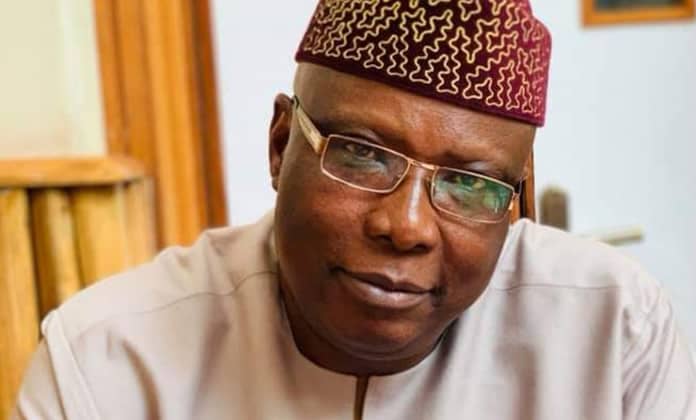Four Nigerian governors—Babagana Zulum of Borno State, Sheriff Oborevwori of Delta State, Hope Uzodimma of Imo State, and Uba Sani of Kaduna State—have been nominated for the 2025 African Governors Award. The nominations recognize their leadership, governance achievements, and developmental impact in their respective states.
The African Governors Award, organized by the African Leadership Magazine, celebrates outstanding governors across the continent who have demonstrated exceptional performance in areas such as infrastructure development, economic transformation, social welfare, education, and security.
The 2025 edition, which marks a continued tradition of excellence in African sub-national leadership, places emphasis on innovation, inclusivity, and sustainability. The nomination of the four Nigerian governors highlights their perceived efforts to address both short-term challenges and long-term developmental goals within their jurisdictions.
Governor Babagana Zulum of Borno State has earned international recognition for his resilience and leadership in a region affected by over a decade of insurgency. Since assuming office in 2019, Zulum has prioritized reconstruction of communities destroyed by conflict, resettlement of internally displaced persons (IDPs), education reform, and agricultural revitalization. His frequent visits to project sites and IDP camps, sometimes unannounced, have drawn praise for a hands-on governance style.
In Delta State, Governor Sheriff Oborevwori is being recognized for his early strides in infrastructure development and urban renewal. Though still in his first term, Oborevwori has initiated several road and housing projects aimed at improving transportation and living standards. He has also shown interest in leveraging oil and gas revenues to stimulate non-oil sectors such as agriculture and SMEs, in line with broader diversification goals.
Governor Hope Uzodimma of Imo State has been nominated for his efforts in road construction, healthcare delivery, and education investment. His administration has also pursued a digitalization agenda in governance aimed at improving transparency and service delivery. Though often facing political opposition, Uzodimma has maintained a focus on capital projects, particularly those meant to link rural and urban communities.
Kaduna State Governor Uba Sani, who assumed office in 2023, is being considered for his commitment to security reforms and youth empowerment. Sani has continued several initiatives from the previous administration, including educational reforms and digital literacy campaigns. He has also proposed new strategies to tackle rural banditry and has prioritized creating economic opportunities through skill acquisition and job creation programs.
The nomination process for the African Governors Award typically involves expert evaluations, public voting, and independent verification of projects and impact. The award organizers have stated that the selection is based on verifiable evidence of good governance practices, not just political visibility or popularity.
Public voting for the awards is expected to commence shortly, with the winners to be unveiled at the African Leadership Awards ceremony scheduled for early 2025. The event brings together top government officials, private sector leaders, and international development partners.
Past recipients of the award have included governors from Rwanda, Ghana, Kenya, and Nigeria, many of whom have gone on to occupy higher national or continental leadership positions. The recognition serves as both a validation of effective leadership and a benchmark for others across Africa’s diverse political landscape.
The 2025 nominations signal a growing emphasis on sub-national governance as a critical layer in Africa’s development strategy. With increasing demands for accountability and results, governors are being measured not only by policy declarations but by visible, sustainable impact in the lives of citizens.
Observers note that these nominations could also play a role in shaping future political trajectories for the listed governors, particularly in a country like Nigeria where state-level performance often serves as a platform for national ambition.





